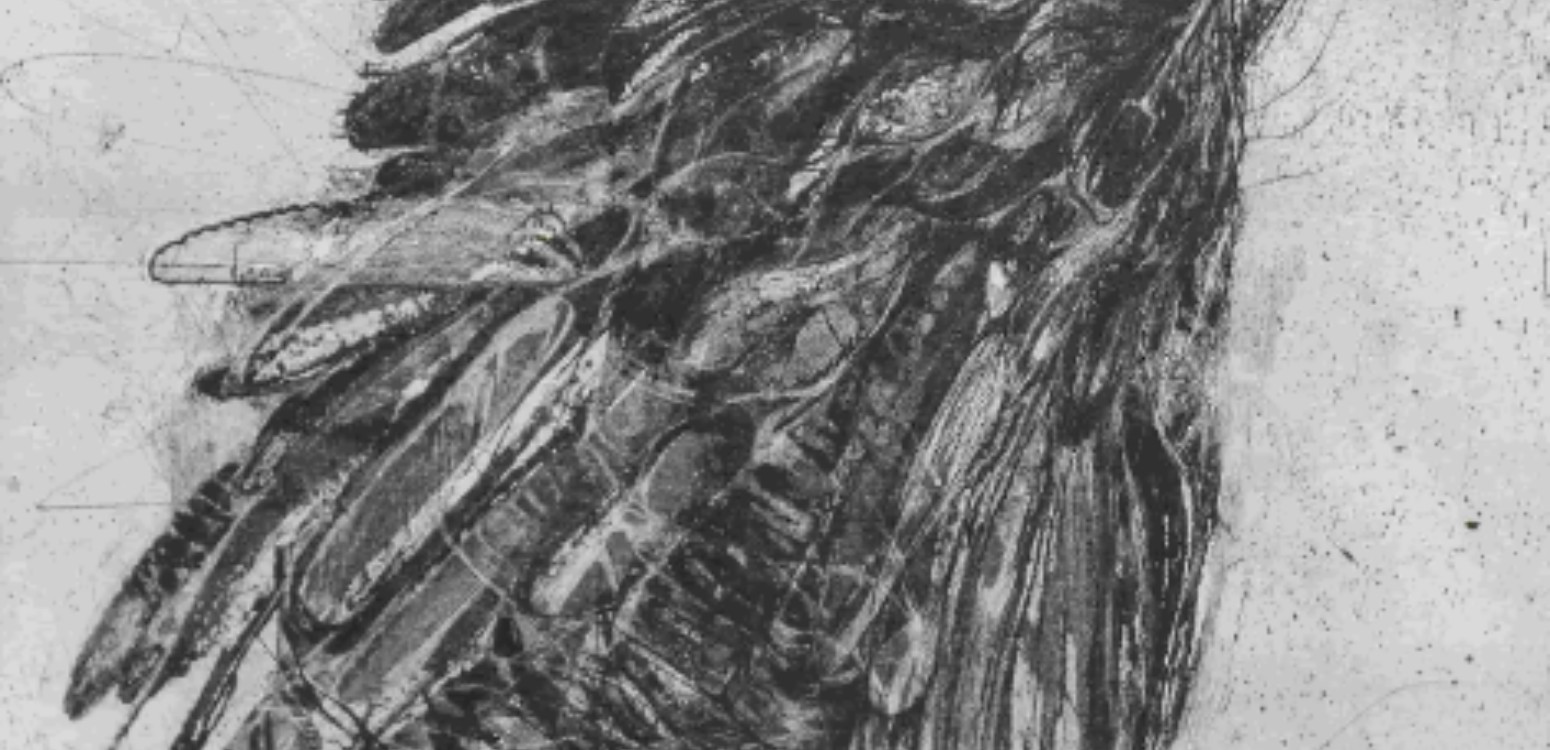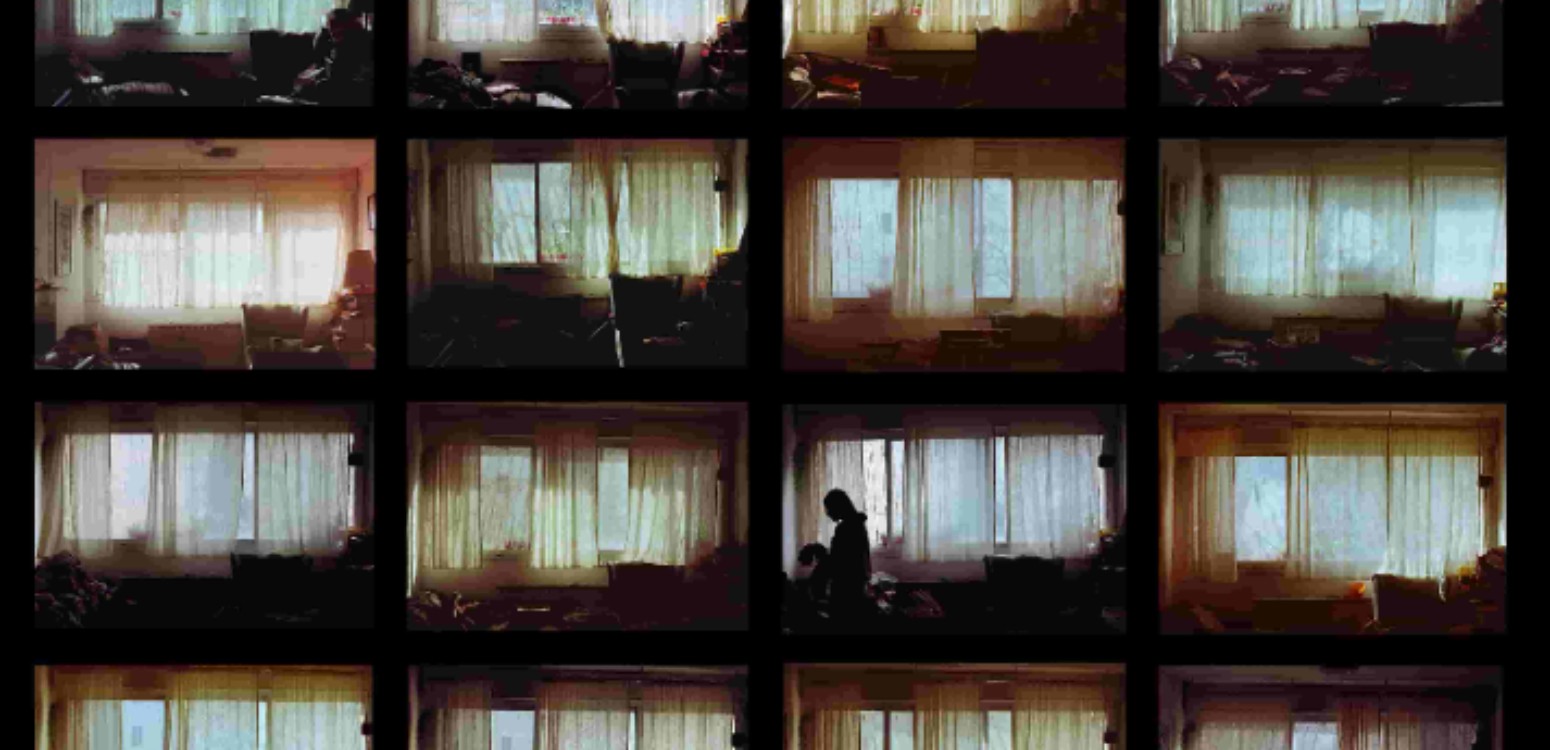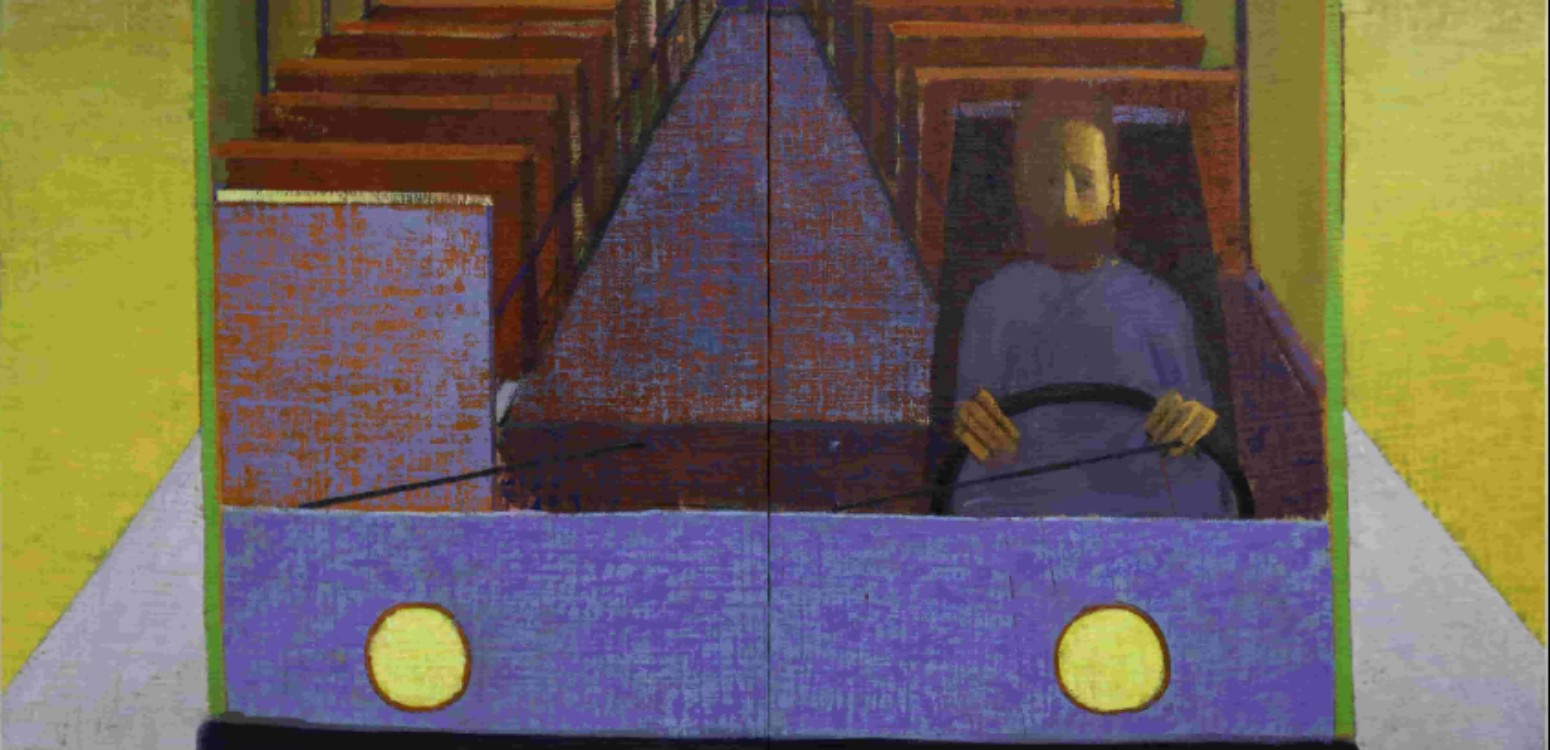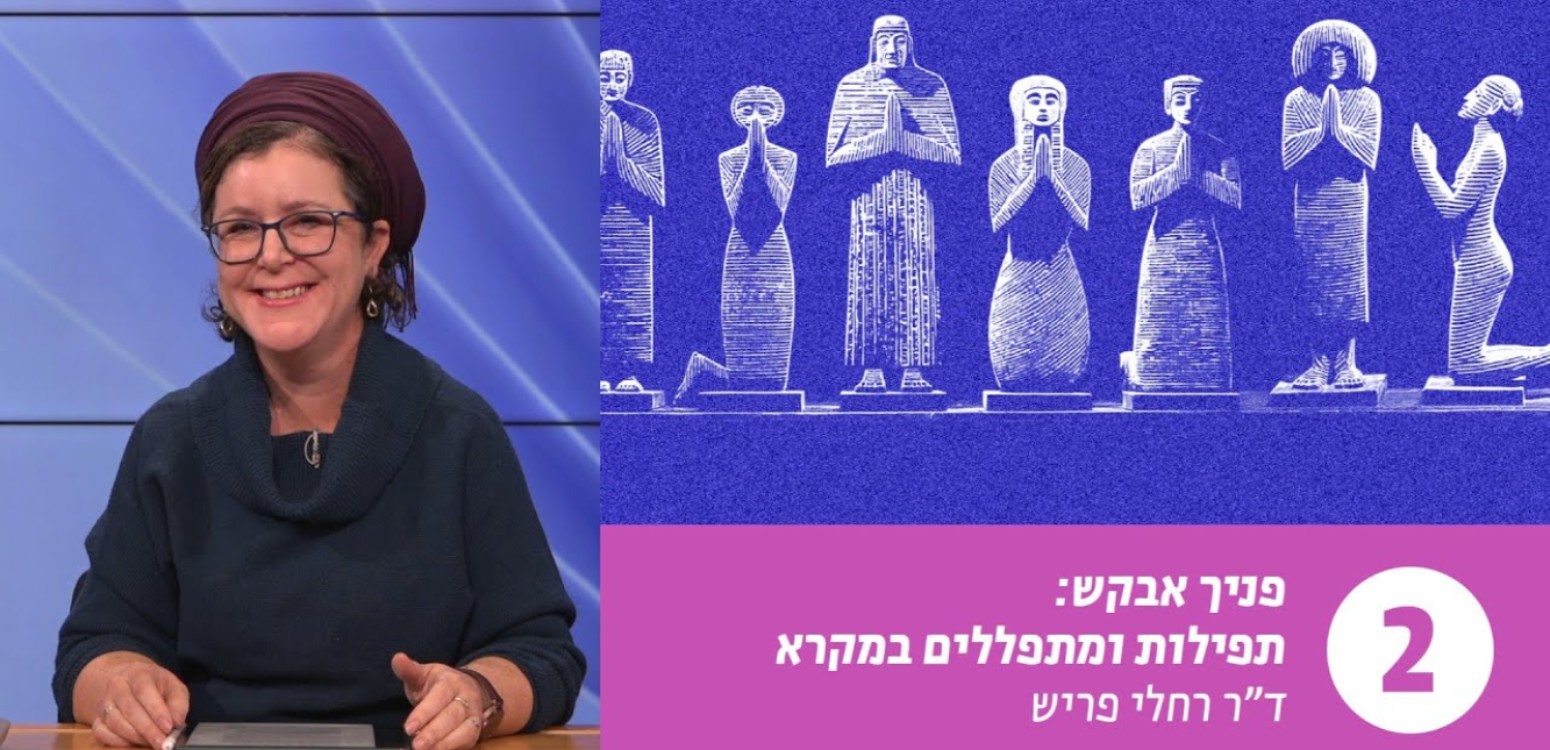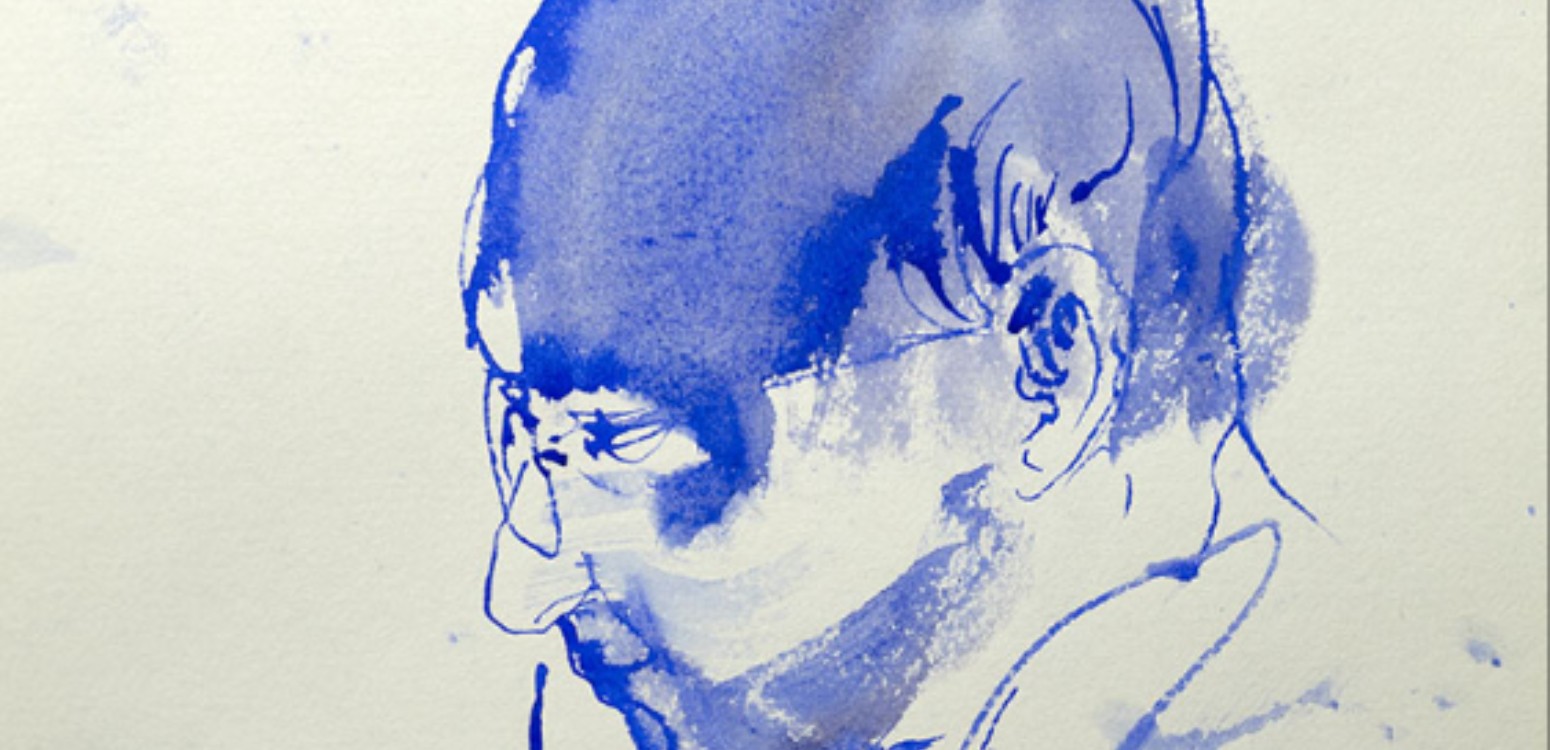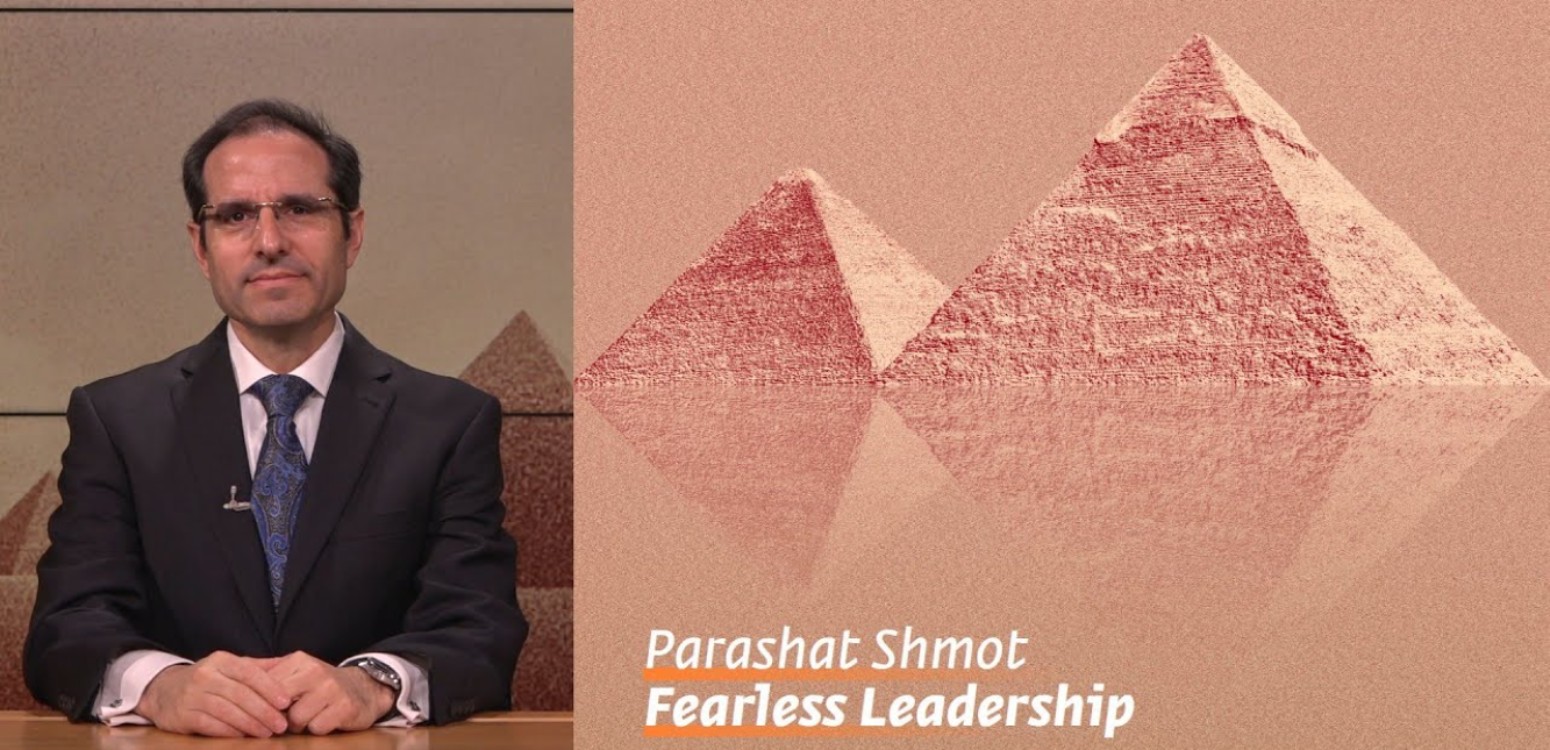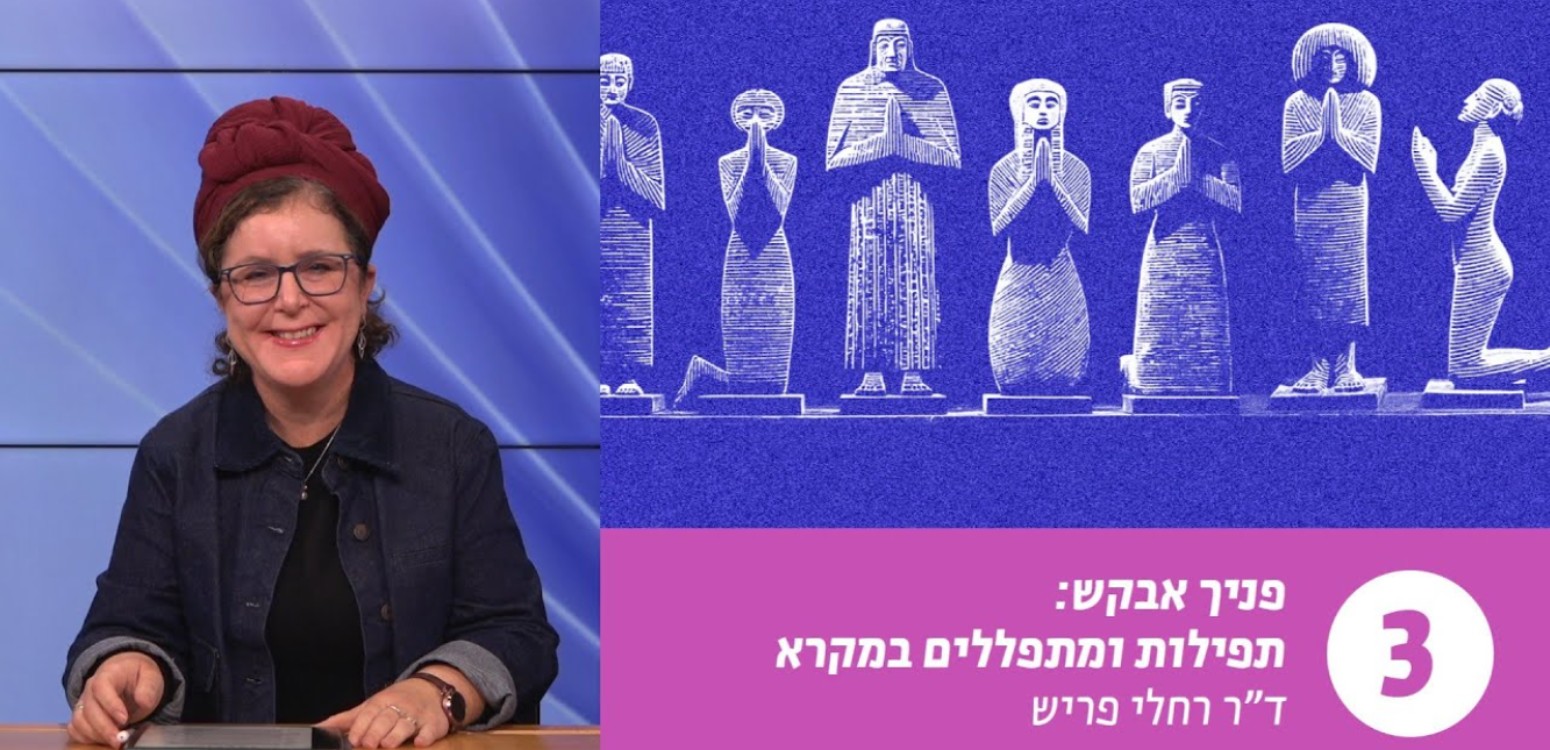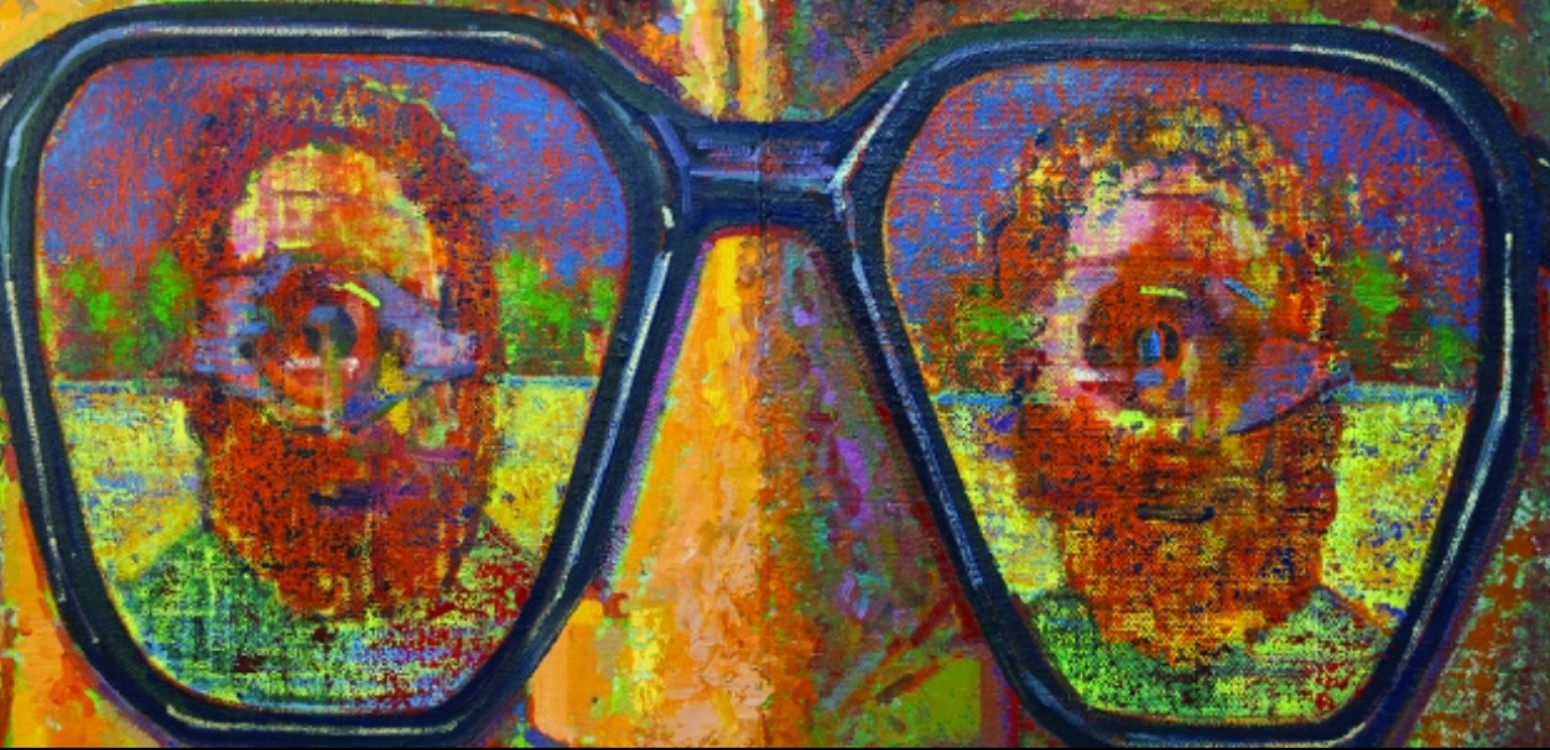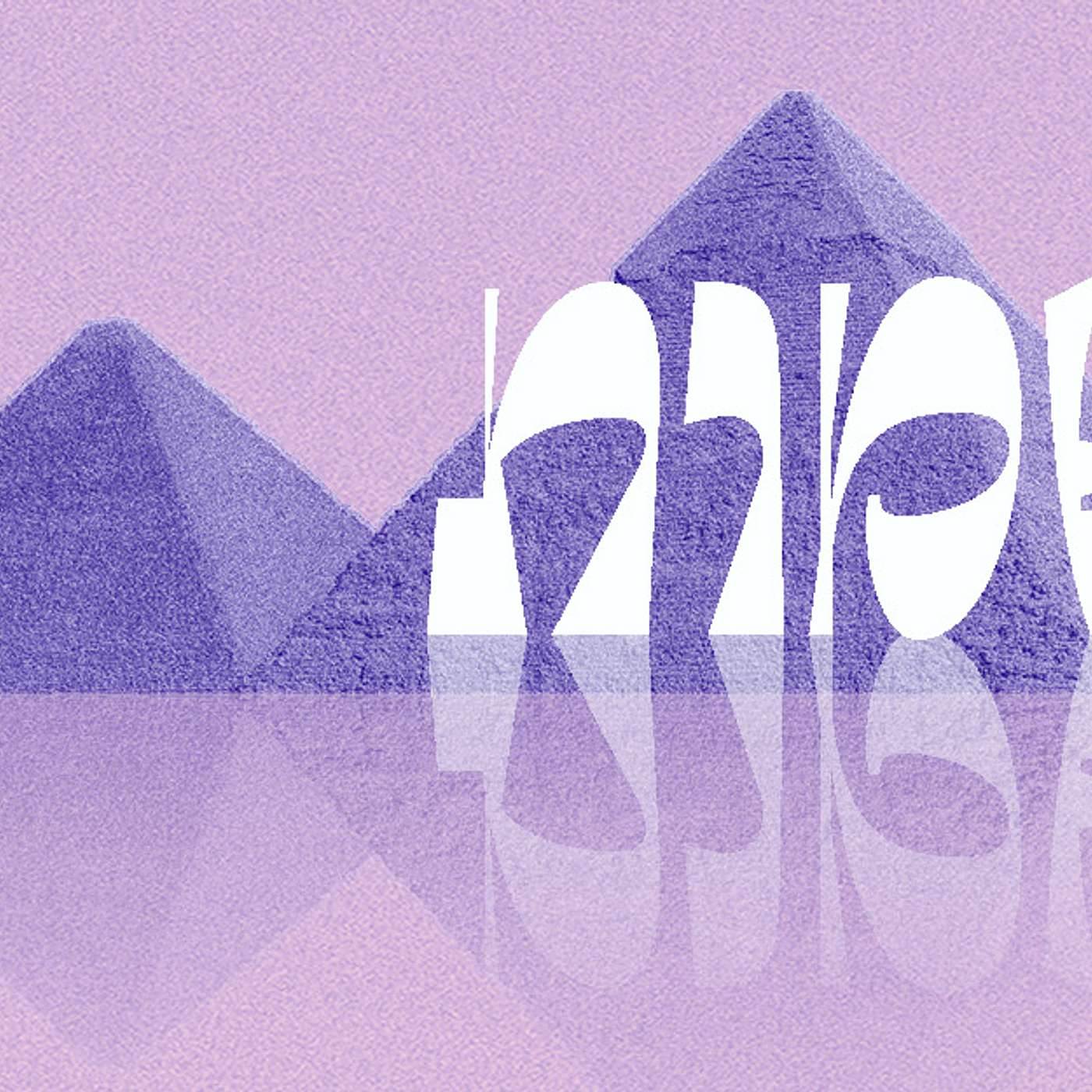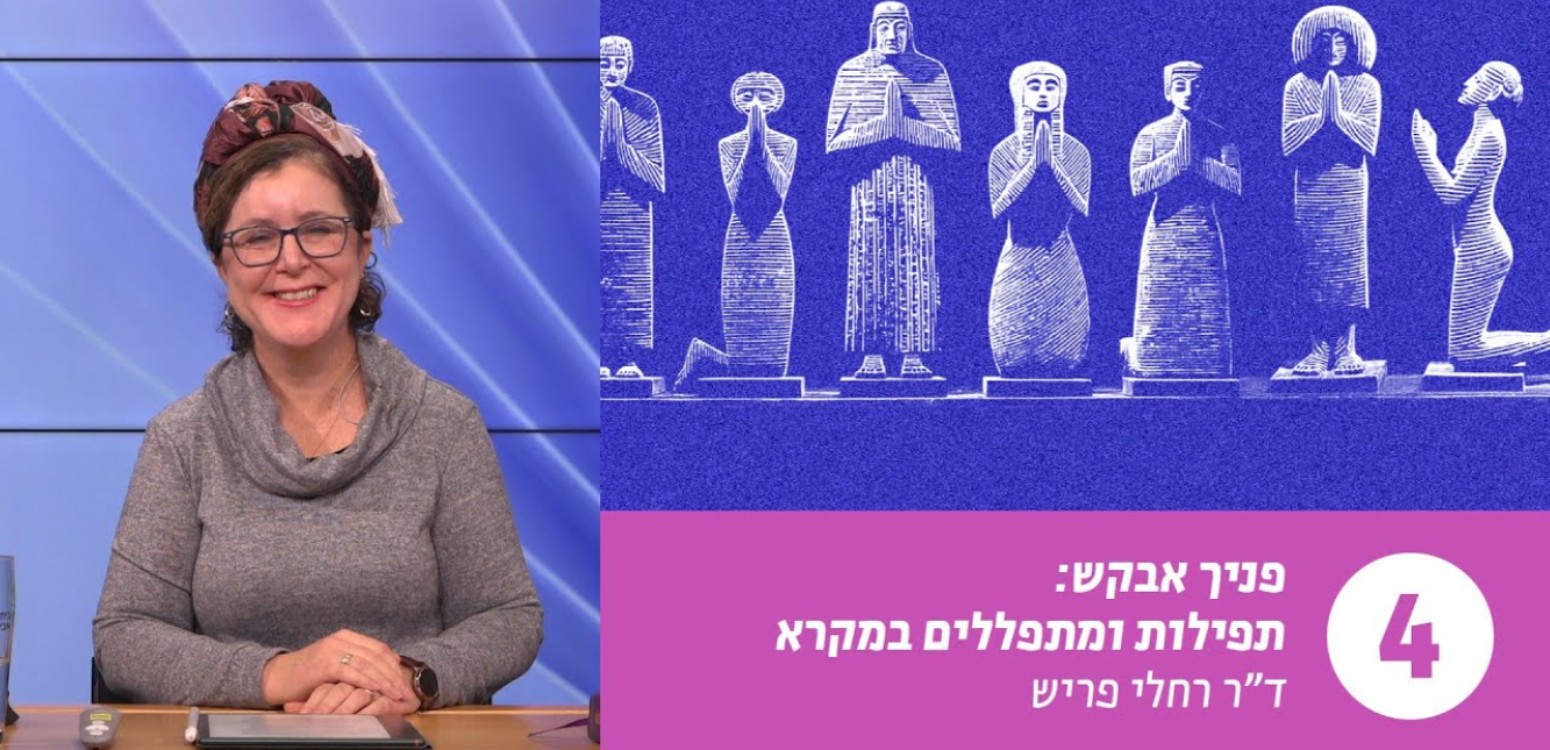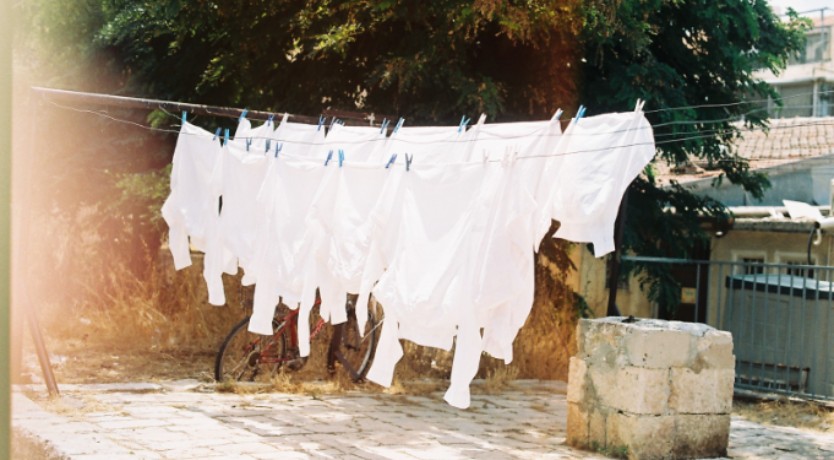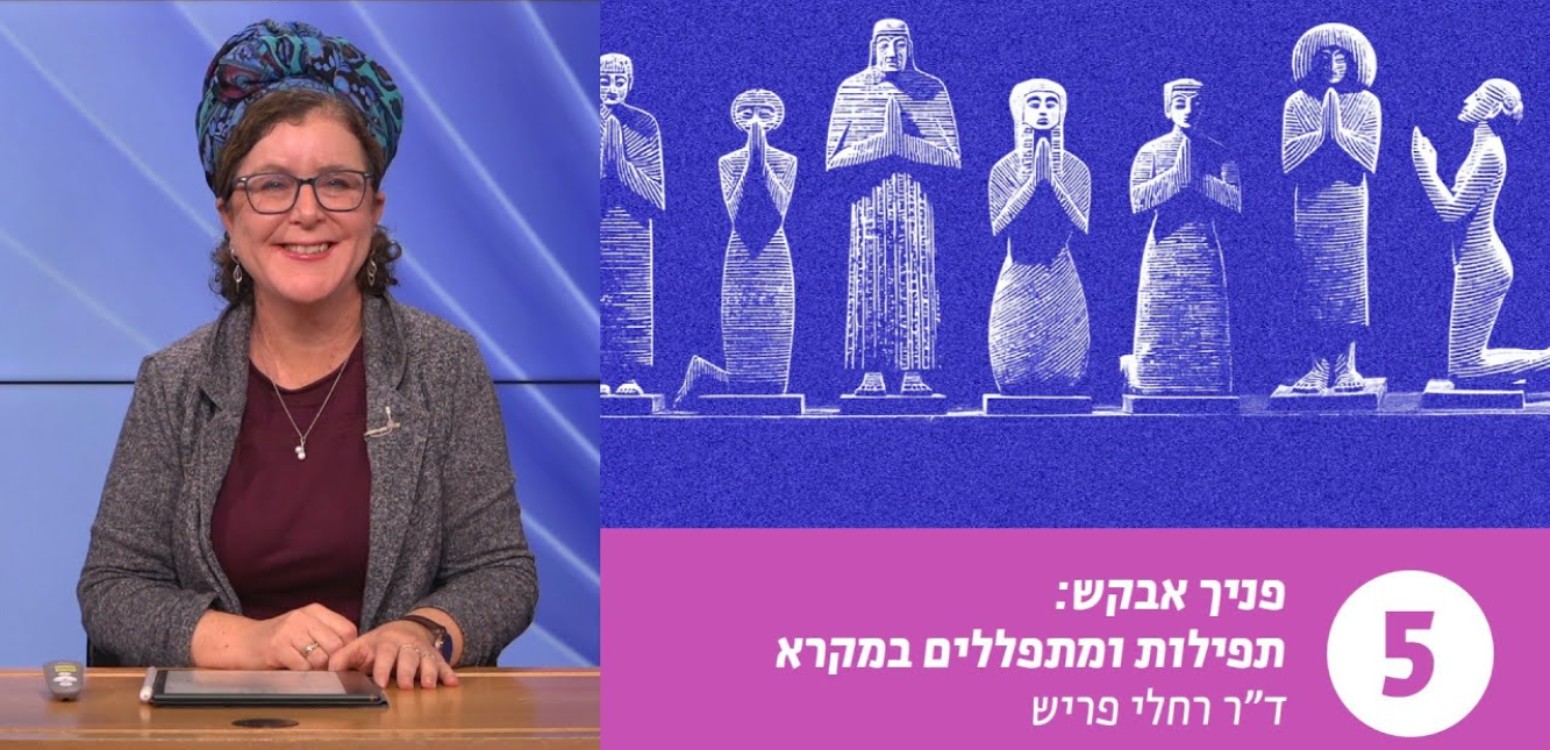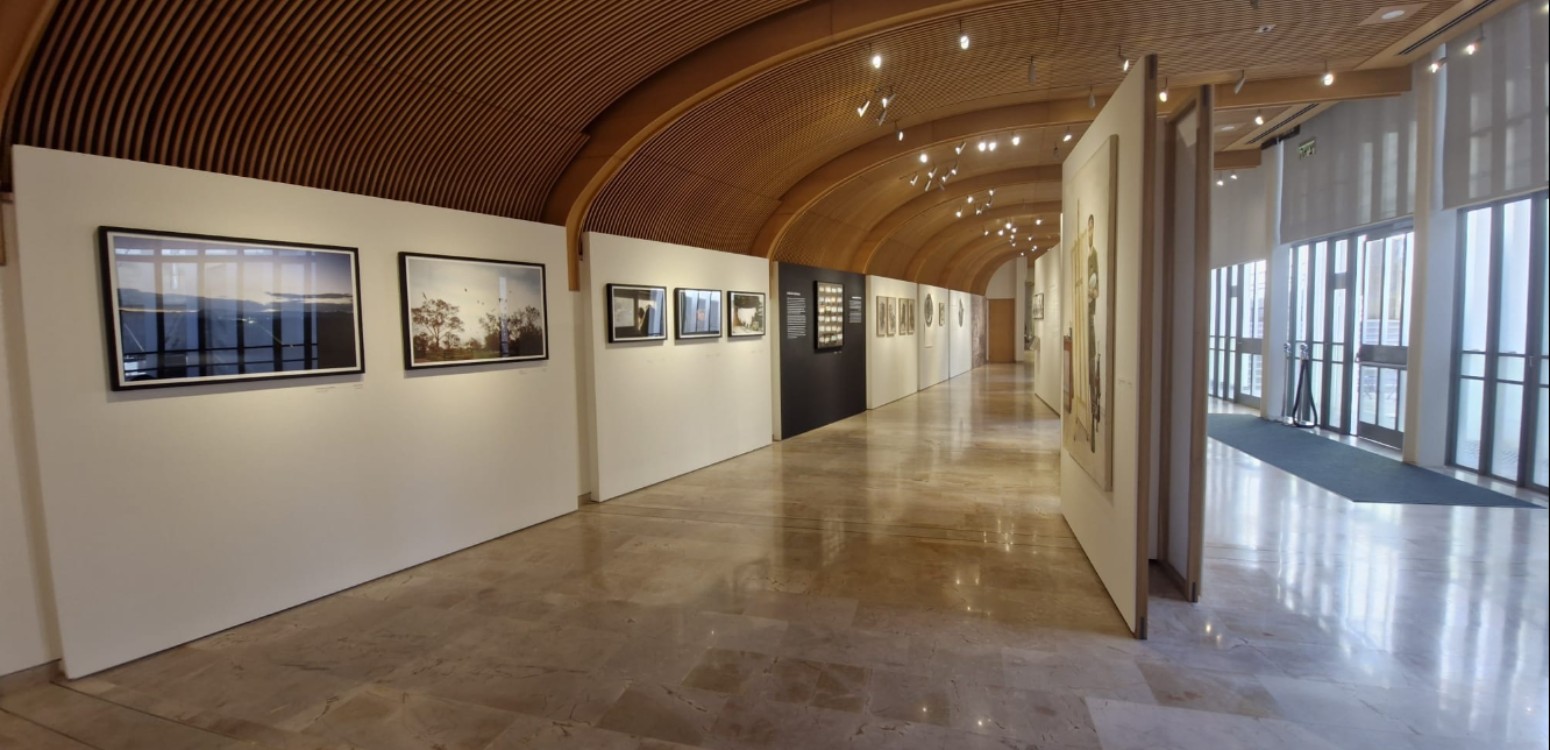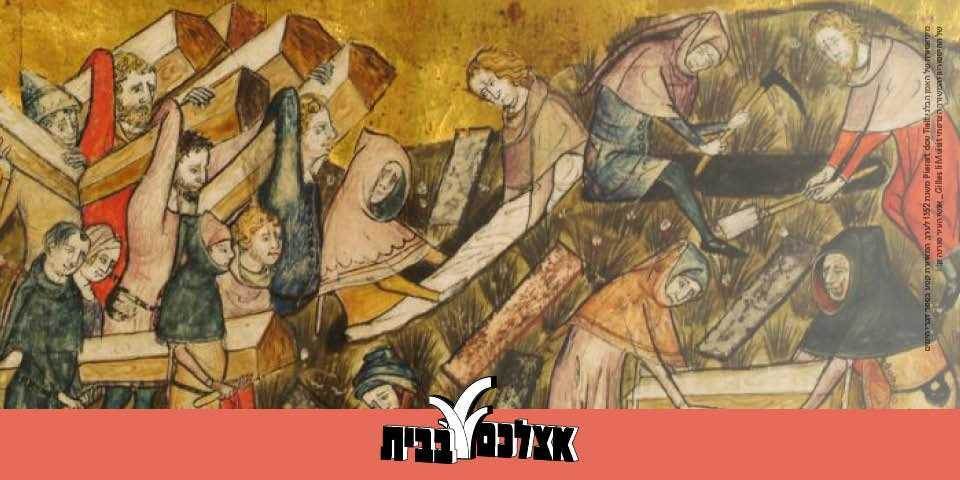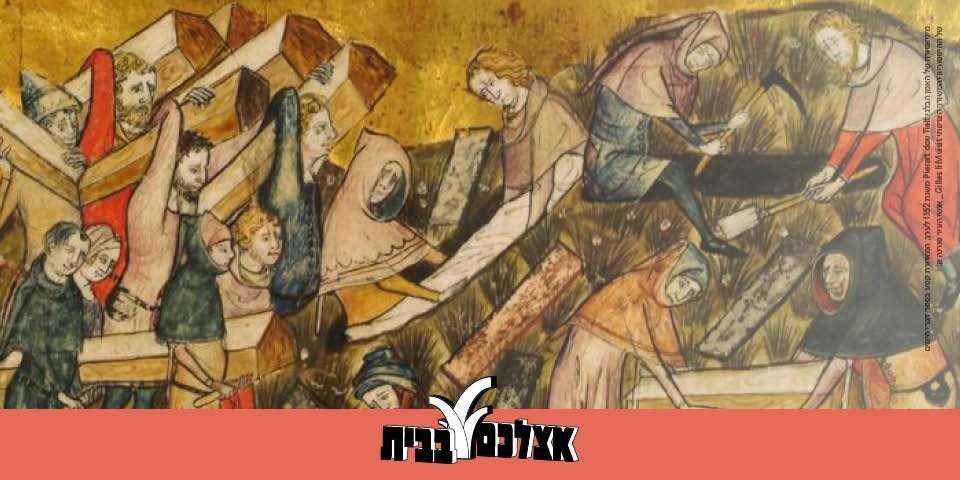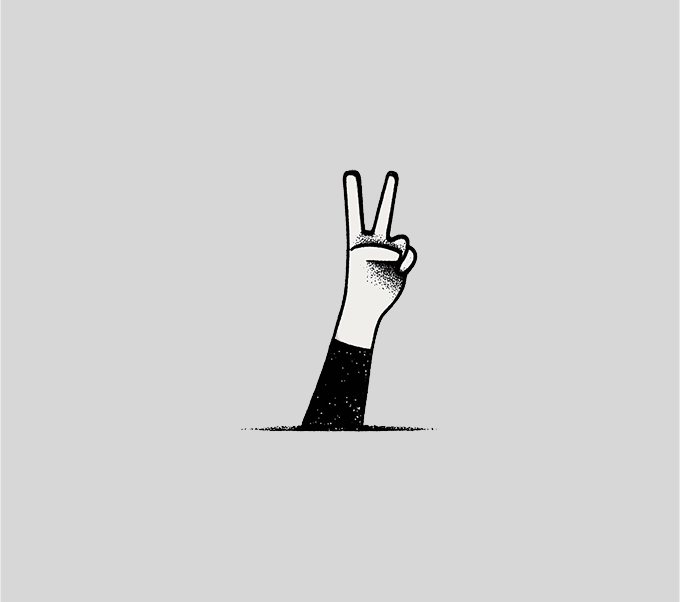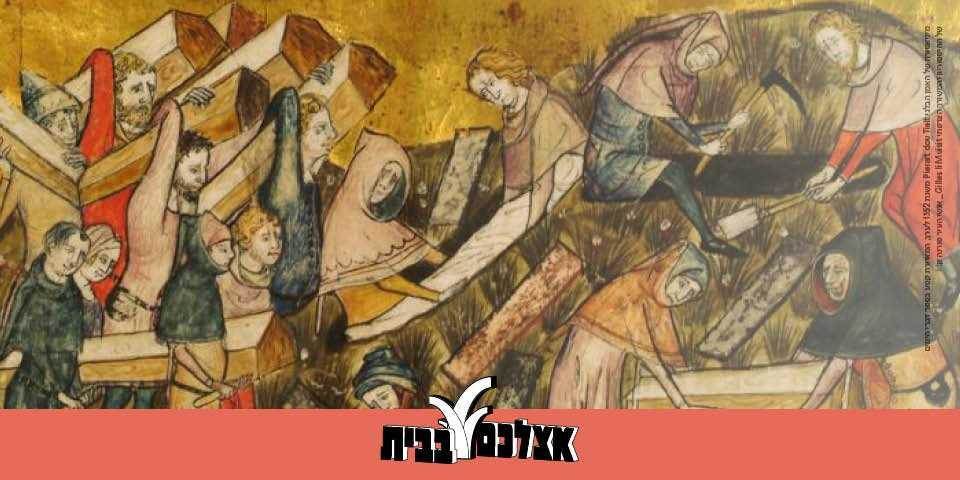
Nureet Dermer and Aviya Doron, moderated by Dr. Neta Bodner
Economic interactions persisted during and after the Black Death. Characterized by everyday relationships between Jews and Christians, this lecture presents an overview of Jews in the economy before, during, and after the disruption of the pandemic in two major European cities: Paris and Frankfurt. It will focus on perceptions of Jews as foreigners and on changing population structures resulting from the Black Death, in order to demonstrate the intersection of society and economy through financial administrative documents.
Nureet Dermer is a doctoral candidate studying the economic and social relationships between Jews and Christians in medieval Paris, during the fourteenth century repeated expulsions from France.
Aviya Doron is a doctoral candidate studying the economic relationships between Jews and Christians in medieval Germany, examining questions of risk and trust.
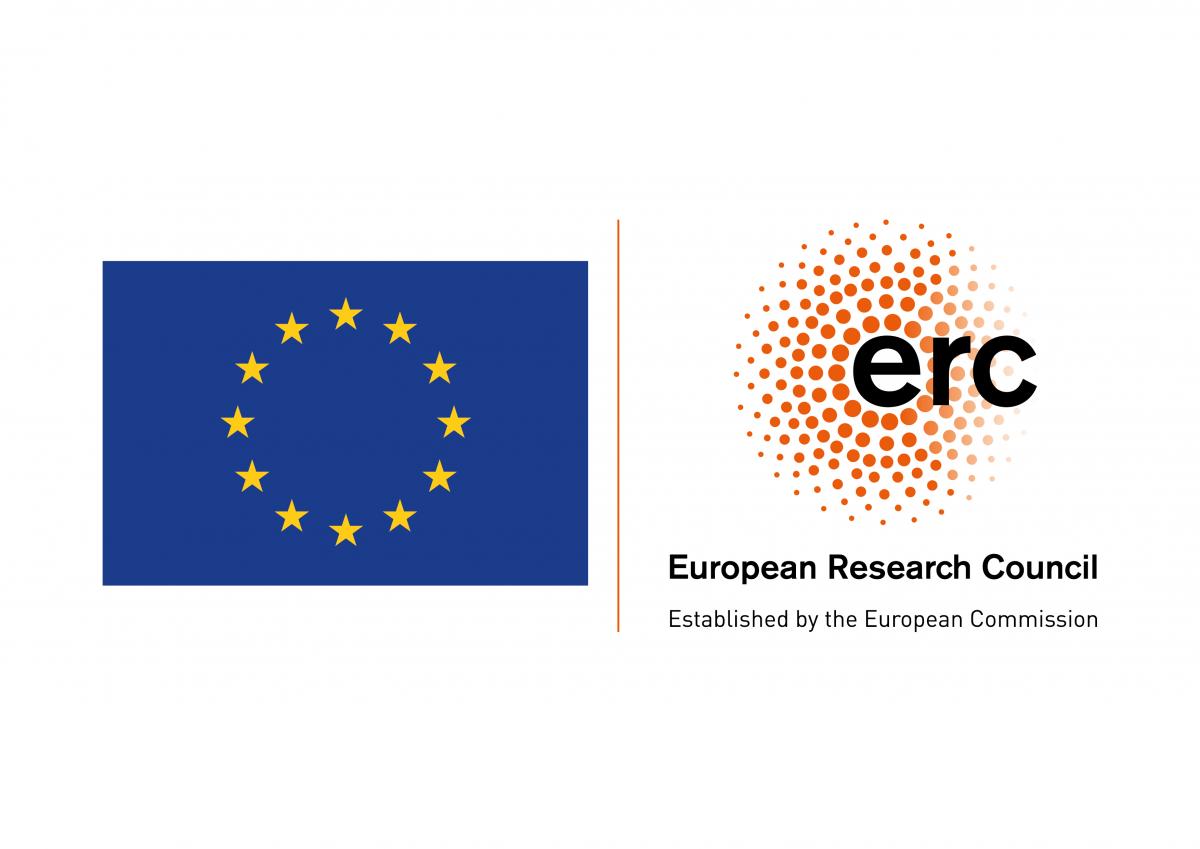
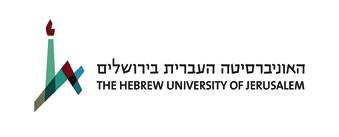
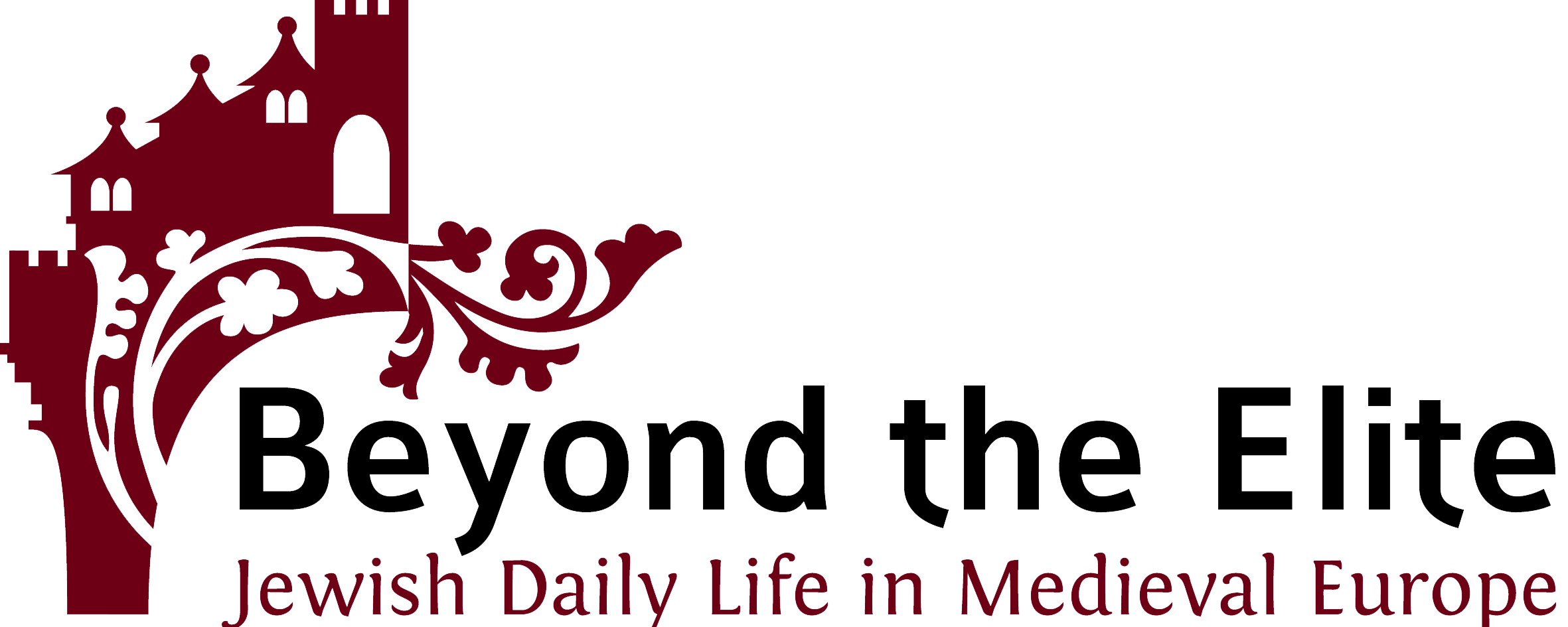
The current COVID-19 pandemic recalls past epidemics, and most vividly the plague known as the Black Death in medieval Europe (1348-1350). Then, like today, the outbreak of disease had social, financial and cultural implications alongside medical ones. For Jews in medieval Europe, the Black Death was a moment of persecution and expulsion, one in which existing local and religious tensions played out in a variety of ways.
This four-part mini-series features the work of the “Beyond the Elite: Jewish Daily Life in Medieval Europe” project of the Hebrew University, providing historical context and insight to current events
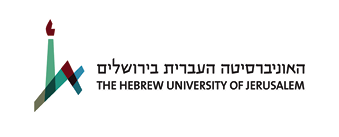
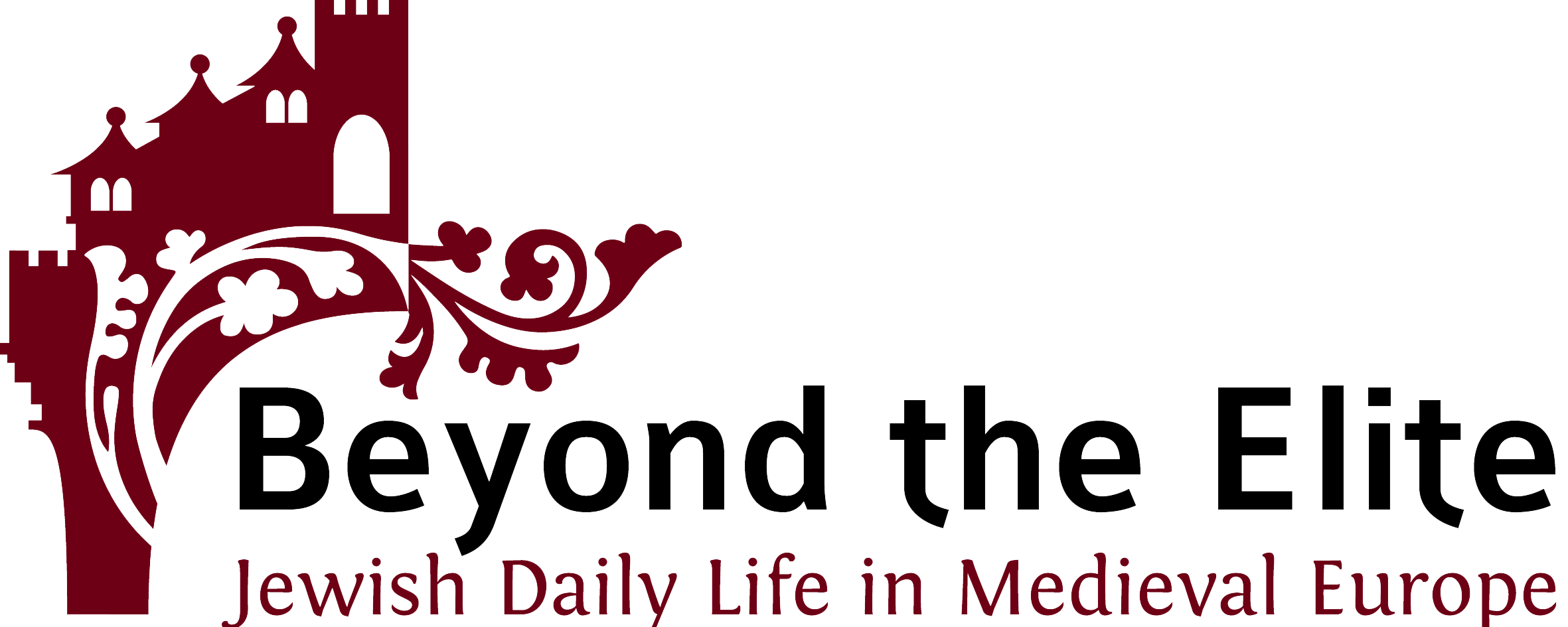
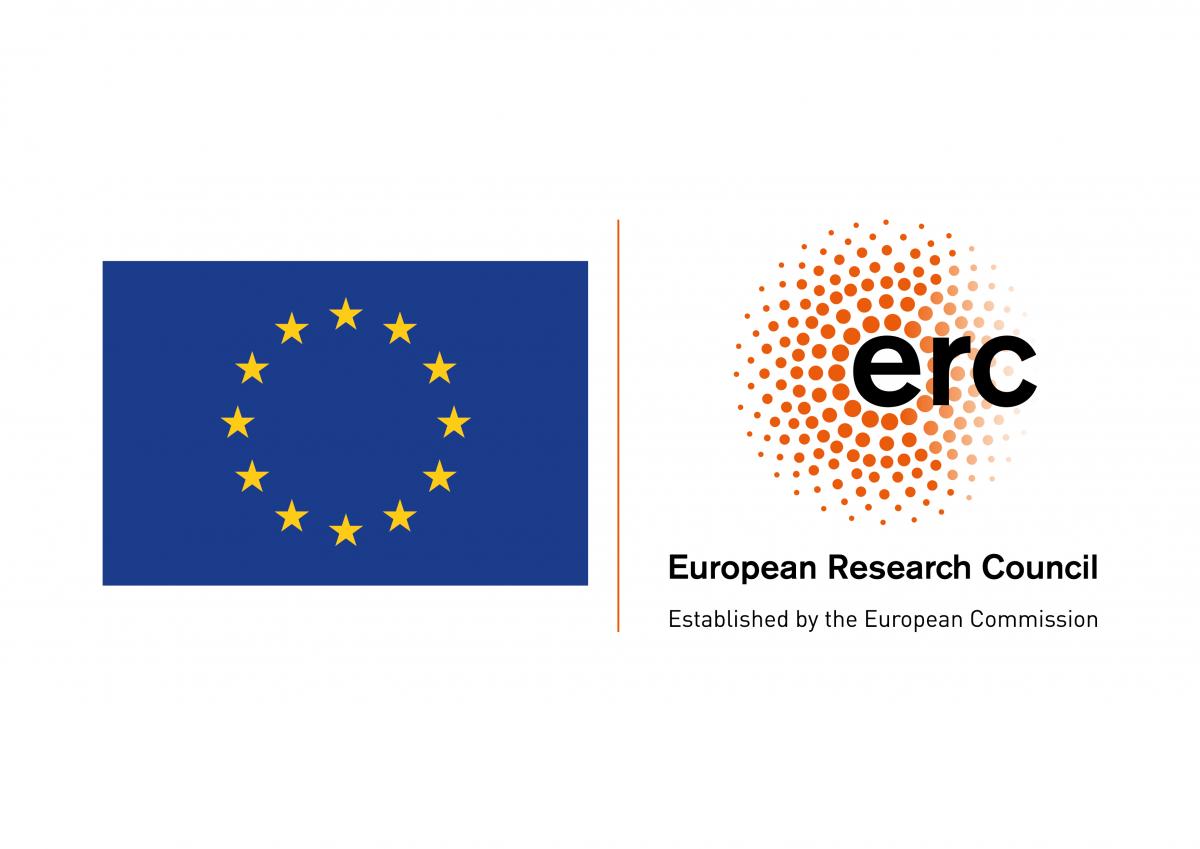
עוד בבית אבי חי
